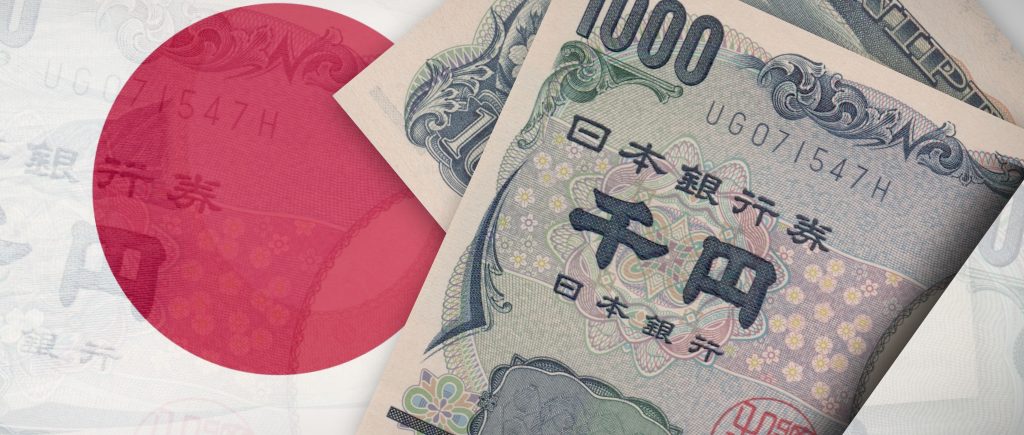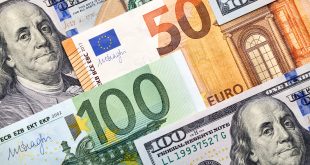The Japanese Yen continued to weaken sharply on Tuesday, with the U.S. dollar climbing to a seven-month high above 151 yen. The move came as investors bet that Japan’s incoming prime minister will maintain a pro-stimulus stance, reinforcing expectations of continued monetary and fiscal support.
The yen’s drop extended its losing streak for a second consecutive day, reflecting growing anticipation that the new administration will prioritize economic growth through spending and easy credit policies. The incoming leader’s reputation for supporting aggressive fiscal measures has convinced traders that Japan is unlikely to move away from its long-standing ultra-loose monetary framework anytime soon.
Meanwhile, Japan’s finance ministry reaffirmed its readiness to act against what it called “excessive volatility” in the currency market. Officials stressed that sudden swings in the yen do not align with the nation’s economic fundamentals. Yet, their verbal interventions did little to calm selling pressure, as investors remained focused on the political transition and its implications for stimulus continuity.
Across the Pacific, new data from the New York Federal Reserve suggested that American consumers expect slightly higher inflation over the next year. The survey showed short-term expectations rising, while sentiment about job prospects softened—signs that the U.S. economy may be cooling modestly after months of resilient growth. The outlook for monetary policy remains a key focus as the Federal Reserve continues to assess inflation risks amid a partial government shutdown that has delayed key economic reports.
Markets are now turning their attention to upcoming data releases from Japan, including labor earnings and current account figures. Investors are also awaiting the minutes of the Federal Reserve’s latest meeting, which could offer clues about how policymakers view inflation trends and the timing of any potential rate adjustments.
For now, the yen remains one of the weakest major currencies as traders favor the dollar’s relative strength and steady returns. The political transition in Tokyo has only amplified expectations that Japan’s easy-money era is far from over—fueling the dollar’s charge to new heights against its long-standing rival.

 Noor Trends News, Technical Analysis, Educational Tools and Recommendations
Noor Trends News, Technical Analysis, Educational Tools and Recommendations




